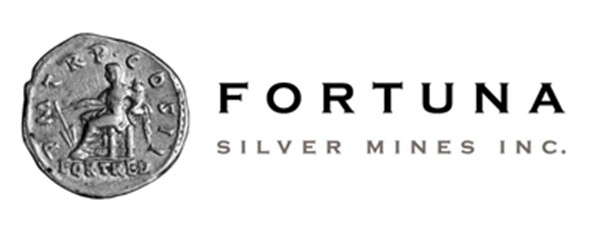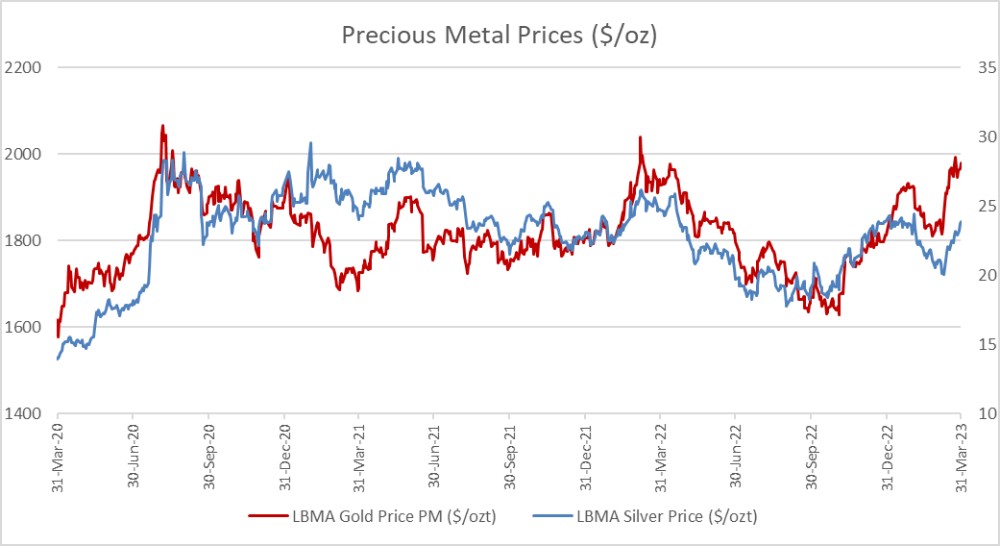Environmental legislation is evolving in a manner which is imposing stricter standards and enforcement, increased fines and penalties for non-compliance, in addition to more stringent environmental assessments of proposed projects and a heightened degree of responsibility for companies and their officers, directors and employees. Compliance with environmental laws and regulations may require significant capital outlays on behalf of the Company and may cause material changes or delays in the Company’s intended activities. Failure to comply with applicable environmental laws, regulations and permitting requirements may result in enforcement actions thereunder, including orders issued by regulatory or judicial authorities, causing operations to cease or be curtailed. Such enforcement actions may include the imposition of corrective measures requiring capital expenditure, installation of new equipment, or remedial action. There is no assurance that future changes in environmental regulation, if any, will not adversely affect the Company’s operations.
The activities of the Company require licenses and permits from various governmental authorities. The Company currently has been granted the requisite licenses and permits to enable it to carry on its existing business and operations. On January 5, 2023, the Company announced that it had received the SEMARNAT Resolution which provides that SEMARNAT has annulled and is re-assessing the 12-year extension to the EIA for the San Jose Mine that it granted to Minera Cuzcatlan in December 2022.
Management of the Company believes that the SEMARNAT resolution is unfounded and has no merits. Minera Cuzcatlan initiated the Mexican Legal Proceedings to contest and revoke the annulment of the San Jose EIA. On March 10, 2023 the Court granted Cuzcatlan a permanent injunction which allows the San Jose Mine to continue to operate under the terms of the 12-year EIA until the determination of the Mexican Legal Proceedings.
The results of the Mexican Legal Proceedings cannot be predicted with certainty due to the uncertainty inherent in litigation, including the difficulty of predicting decisions and the timing required to render decisions. The process of contesting the annulment of the EIA could take away from the time and effort of the Company’s management and could force the Company to pay substantial legal fees or penalties. Further, there can be no assurances that the resolutions of any such matters will not have a material adverse effect on the Company’s business, financial condition and results of operations.
In addition, there can be no assurance that the Company will be able to obtain all the necessary licenses and permits which may be required to carry out exploration, development and mining operations for its projects in the future. The Company might find itself in situations where the state of compliance with regulation and permits can be subject to interpretation and challenge from authorities that could carry risk of fines or temporary stoppage.
Risks of Operating in West Africa
Certain of our operations are currently conducted in West Africa, with the Yaramoko Mine in Burkina Faso and the Séguéla Project in Côte d’Ivoire, and as such as is common in other mining jurisdictions, the Company’s operations are exposed to various political, economic, and other risks and uncertainties. The Company is subject to risks associated with operating in West Africa with its Yaramoko Mine in Burkina Faso and the Séguéla Project in Côte d’Ivoire. These risks and uncertainties include but are not limited to: civil and ethnic unrest, war (including in neighbouring countries), terrorist actions, hostage taking or detainment of personnel, military repression, criminal activity, nationalization, invalidation of governmental orders, failure to enforce existing laws, labour disputes, corruption, sovereign risk, political instability, the failure of foreign parties, courts or governments to honour or enforce contractual relations or uphold property rights, changing government regulations with respect to mining (including royalties, environmental requirements, labour, taxation, land tenure, foreign investments, income repatriation, and capital recovery), fluctuations in currency exchange and inflation rates, import and export restrictions, the expropriation of assets and property interests, as well as by laws and policies of Canada affecting foreign trade, investment and taxation.

